Category Archives: Neural Networks
09 Apr Abstract Contexts and Fuzzy Reasoning
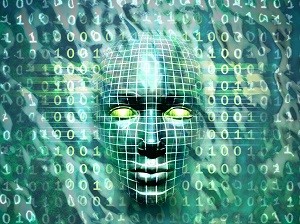
We do not yet know how we remember things, nor do we know how we use remembered things in reasoning. The amazing feedback loops of afferent and efferent fibers between different layers of the cortex give us some amazing clues (Hawkins 2004). Today’s discussion of abstract contexts and fuzzy reasoning is intended as a bridge […]
28 Mar Is Everything Black or White?
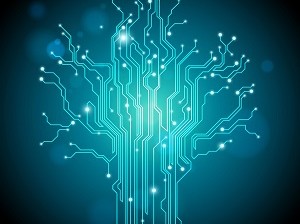
We have exercised our abstract ideas about that which is too big and chaotic for us to understand (everything), let’s take a glimpse at that which is so small and chaotic that we may never really figure it out: the workings of the mind. In the next few posts, we will examine different forms of logical […]
27 Mar Cognition and Emotion

I’m conflicted. I suspect you are too. “Since the time of the ancient Greeks, humans have found it compelling to segregate reason from passion, thinking from feeling, cognition from emotion. These contrasting aspects… have in fact often been viewed as waging an inner battle for control of the human psyche” (LeDoux, 1996, p. 24). In earlier […]
19 Mar Fuzzy Logic Section Intro

Why do we find Mr. Spock, Commander Data or C3P0 so lovable? We have all known people like them: they are the ones who see the world in black and white. Spock had an excuse – he was a Vulcan who knew a lot. Computers, on the other hand, can be downright exasperating when they get […]
06 Mar Inference in the Face of Uncertainty
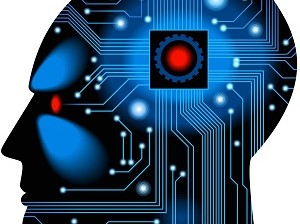
Do you know what I’m about to say? If your mind were not able to race ahead of the words and build a set of expectations about what comes next, you may not be able to understand me speaking or writing. But you can predict a lot more than your conscious awareness tells you. A […]
26 Feb Physiology of Learning to Generalize
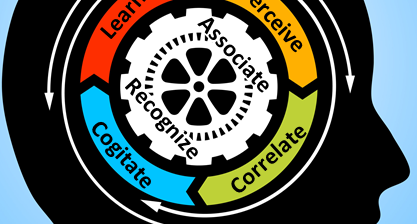
I began this blog heavily concentrating on the physiology of the brain, its cells and the way they interconnect. Learning and association are not dealt with much in those posts other than to describe ways in which the brain and its cells provide mechanisms for these activities. Many of the mechanisms of association are fairly clearly understood […]
24 Feb Neural Network Perception
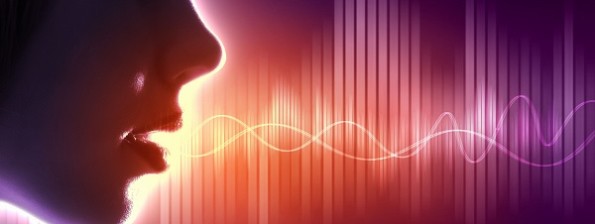
Feedback in Image Processing While the flow of electrical impulses in the brain triggered by visual stimuli travels sequentially through layers I then II then III of the visual cortex, this directional flow does not prevent impulses from other sources, including feedback loops within the visual cortex from contributing to our ability to process images. […]
22 Feb Understanding What we See

Many Japanese kanji characters (originally imported from China) are little pictures of things in the real world. For example 木 (ki) is a tree. You can see the trunk and the branches. By adding a line at the bottom 本 (hon), you get roots or origin. Put three together 森 (mori) and you have a forest. The symbol […]
21 Feb Pattern Recognition in Two Dimensions
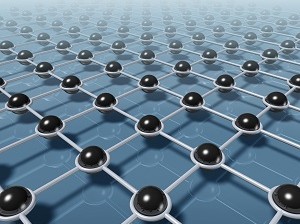
Perceptual Grid We live in three dimensional space, and understanding three dimensions is critical to our ability to go places and do things, but we comprehend things in many dimensions. Our senses, however, tend to flatten things out. Images are projected on our light-sensitive retinas in exactly two-dimensional patterns. The rods and cones possess light-sensitive […]





